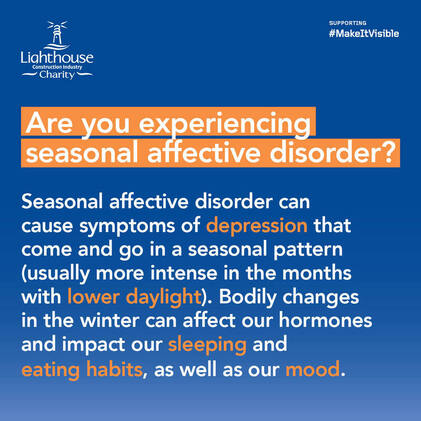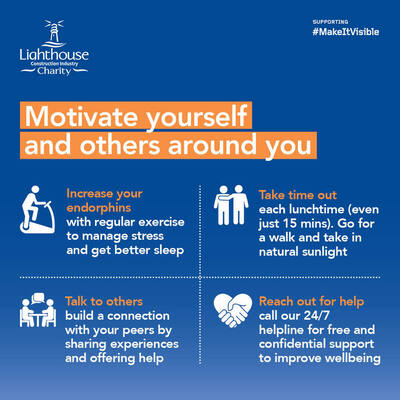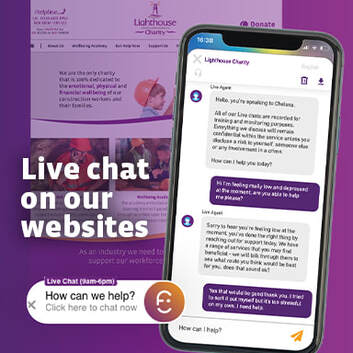Blue Monday is a term that refers to a specific Monday in January that is believed to be the most depressing day of the year. However, this was a marketing ploy developed by a travel company to promote their holidays. Despite the theory having been debunked, the phrase stuck around.
We're using the day to check in with our mental health and share measures we can implement to safeguard it. It's important not to limit our consideration of mental health to just Blue Monday, but to be mindful of it throughout the entire year. Depression and other mental health challenges extend beyond a single day, impacting individuals in various ways on any given day throughout the year.
We're using the day to check in with our mental health and share measures we can implement to safeguard it. It's important not to limit our consideration of mental health to just Blue Monday, but to be mindful of it throughout the entire year. Depression and other mental health challenges extend beyond a single day, impacting individuals in various ways on any given day throughout the year.
|
Around this time of year though, some people may deal with Seasonal Affective Disorder, experiencing depression symptoms that follow a seasonal pattern, typically intensifying during months with reduced daylight. The winter season can induce physiological changes impacting hormones, influencing sleep, eating habits, and overall mood.
Engaging in activities beneficial to mental health, such as exercise and spending time in natural environments, becomes more challenging when daylight hours are limited. December, in particular, tends to be a period where some individuals may overindulge in food and drink, accumulate debts, and subsequently experience feelings of remorse in January. |
|
If you're feeling down on Blue Monday, or any other day of the year, there are steps you can take to help improve your mood. Here are a few suggestions:
|
Look out for others
Returning to everyday work activities can feel like a sharp change of pace and coupled with potential financial and emotional issues brought on by the 'festive hangover', employees who are struggling may have difficulty performing their duties. This is why it's especially important to help cultivate a positive and supportive work environment as an employer and a peer. Here are a few tips on how took out for your team:
Returning to everyday work activities can feel like a sharp change of pace and coupled with potential financial and emotional issues brought on by the 'festive hangover', employees who are struggling may have difficulty performing their duties. This is why it's especially important to help cultivate a positive and supportive work environment as an employer and a peer. Here are a few tips on how took out for your team:
- Be there to listen. Let the person know that you are available to listen and support them without judgment.
- Offer practical help. Ask the person if there is anything specific you can do to help, such as running errands or providing transportation.
- Be patient and understanding through their journey. Mental health struggles can be difficult, and it may take time for the person to feel better.
- Help them break tasks down into smaller, manageable steps. This can make overwhelming tasks feel more achievable and less daunting.
Remember that mental health journeys are unique to each individual and what works for one person may not work for another. It is important to approach everyone with empathy and understanding as no two people will have the same exact experiences or challenges.
Martyn's StoryIn 2014, Martyn, a 36-year-old with two decades of experience in the construction industry, recognised that something didn’t feel right with his mental health, which deteriorated further over the years while he had to face personal challenges such as the breakdown of his marriage and a reliance on heavy drinking.
Fortunately, understanding the urgency of his situation, Martyn reached out to Lighthouse Charity to help address his concerns and improve his wellbeing. |
|
We're highlighting Martyn's journey as it serves as a story of hope to those who are struggling at this time of year, showing that it just takes just one step in the right direction to change your life and that anyone can overcome personal challenges with the right support.











